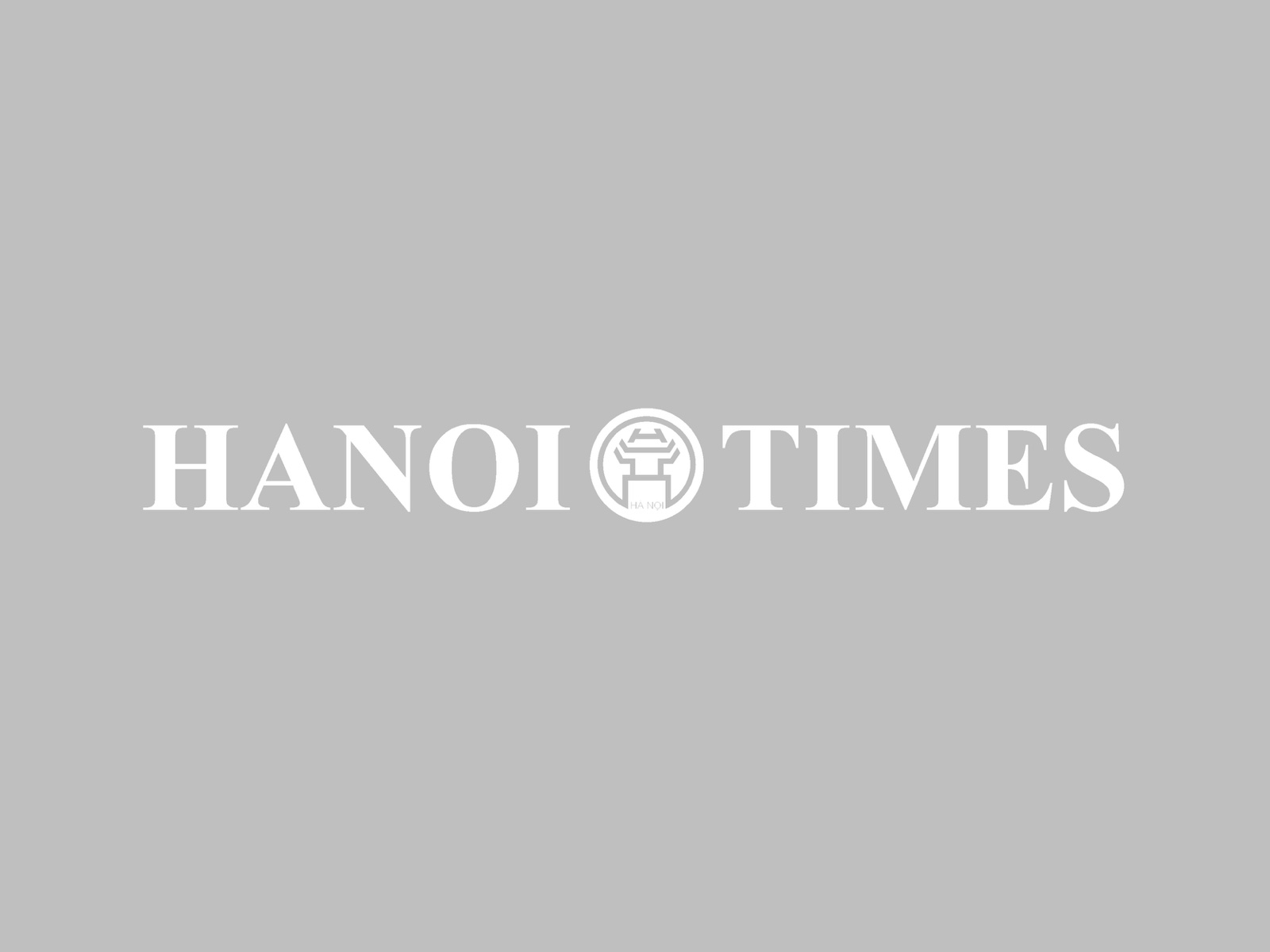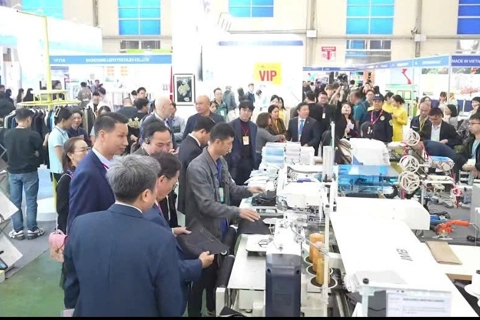Hanoi
Hanoi property market has large room for development: Mayor
Jul 29, 2019 / 03:01 PM
The rate of urbanization in Hanoi is likely to reach 70% by 2030 from current 53%.
There remains large room for Hanoi’s real estate market to develop in the coming years as the city is on track to expand urbanization, Chairman of Hanoi People’s Committee Nguyen Duc Chung has said.

Hanoi is among few cities in Vietnam having the most rapid rate of urbanization which is within plan and commensurate with of the change of the size of the urban population over the given period of time.
Hanoi has been chosen to be a destination for real estate investors thanks to the city’s infrastructure, industrial parks, and traffic systems, Chung said, noting that the growing population has sparked the rising demand for accommodation in the city.
Investors still reap profits from this sector thanks to high liquidity, he emphasized.
In addition, being one of among members in the ASEAN Smart Cities Network, Hanoi plans to build smart urban areas with smart buildings. That means it requires significant investment in real estate sector, Chung said.
For such reasons, the Hanoi government expects to receive ideas contributing to the development of the city, including those in real estate sector, the mayor said, noting that the city would change its policies on investment and supporting current investors in business expansion.
In the city’s housing development plans, as of June 2019, the average accommodation area in Hanoi hit 26 square meter (sq.m)/head.
The city targets to raise the average housing area per head to 26.3 sq.m, including 29.1 sq.m in urban zones and 22.1 sq.m in suburban areas by 2020.
Hanoi’s housing targets for 2016-2020 include 6.2 million sq.m of social housing (including 977,000 sq.m for students and 567,000 sq.m for workers); 1.2 million sq.m for resettlement; 20.4 million sq.m for commercial sales.
Moreover, residential areas are supported with infrastructure namely transport routes, parking lots, power grids, and drainage systems.
Chung also stressed the importance of other fields namely hi-tech, new technologies using clean energy that the city hopes for investment in from different sources of capital.
Notably, he called for the public-private partnership (PPP) in infrastructure, urban services, and social welfare with a focus on green growth which covers the investment in entertainment and park projects, affordable housing, houses for workers, reconstruction of old apartment blocs, and tap water in rural areas.

Chairman of Hanoi People’s Committee Nguyen Duc Chung
The rate of urbanization in Hanoi may reach more than 70% by 2030 with a vision to 2045 from current 53%, Infonet cited Chung at a real estate conference last weekend. Hanoi is among few cities in Vietnam having the most rapid rate of urbanization which is within plan and commensurate with of the change of the size of the urban population over the given period of time.
Hanoi has been chosen to be a destination for real estate investors thanks to the city’s infrastructure, industrial parks, and traffic systems, Chung said, noting that the growing population has sparked the rising demand for accommodation in the city.
Investors still reap profits from this sector thanks to high liquidity, he emphasized.
In addition, being one of among members in the ASEAN Smart Cities Network, Hanoi plans to build smart urban areas with smart buildings. That means it requires significant investment in real estate sector, Chung said.
For such reasons, the Hanoi government expects to receive ideas contributing to the development of the city, including those in real estate sector, the mayor said, noting that the city would change its policies on investment and supporting current investors in business expansion.
In the city’s housing development plans, as of June 2019, the average accommodation area in Hanoi hit 26 square meter (sq.m)/head.
The city targets to raise the average housing area per head to 26.3 sq.m, including 29.1 sq.m in urban zones and 22.1 sq.m in suburban areas by 2020.
Hanoi’s housing targets for 2016-2020 include 6.2 million sq.m of social housing (including 977,000 sq.m for students and 567,000 sq.m for workers); 1.2 million sq.m for resettlement; 20.4 million sq.m for commercial sales.
Moreover, residential areas are supported with infrastructure namely transport routes, parking lots, power grids, and drainage systems.
Chung also stressed the importance of other fields namely hi-tech, new technologies using clean energy that the city hopes for investment in from different sources of capital.
Notably, he called for the public-private partnership (PPP) in infrastructure, urban services, and social welfare with a focus on green growth which covers the investment in entertainment and park projects, affordable housing, houses for workers, reconstruction of old apartment blocs, and tap water in rural areas.








